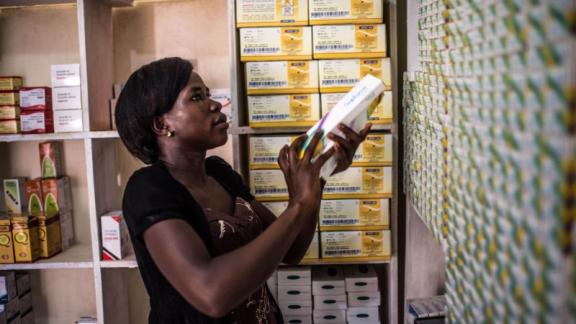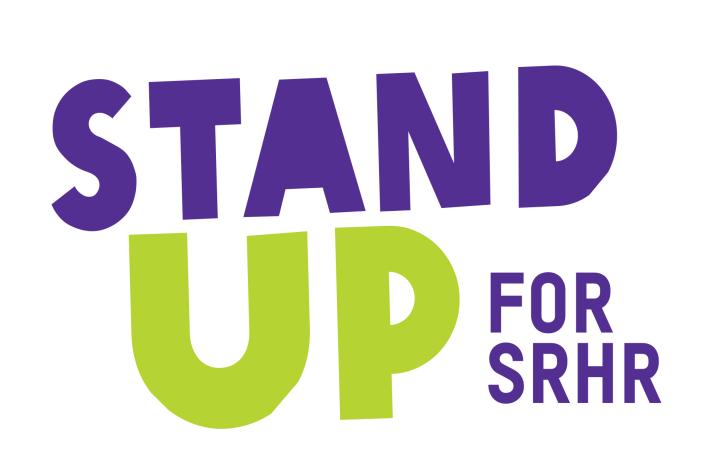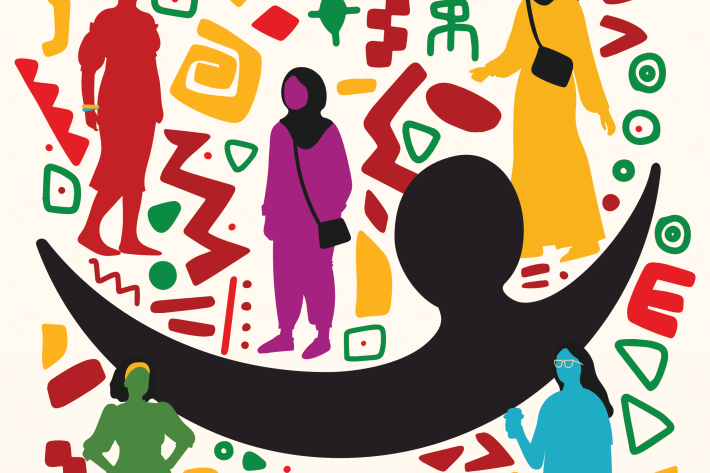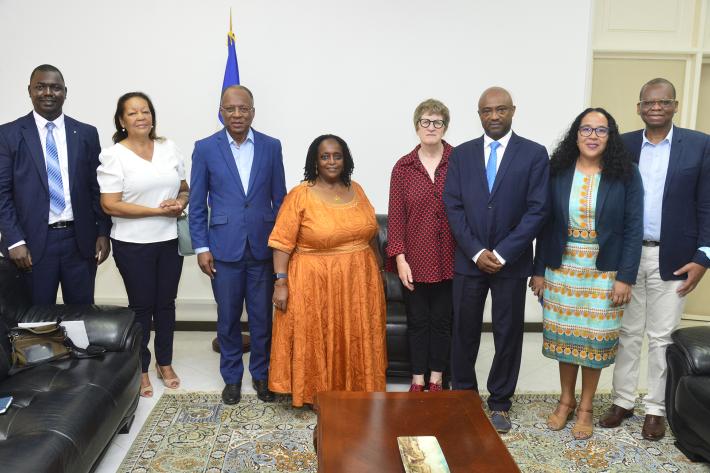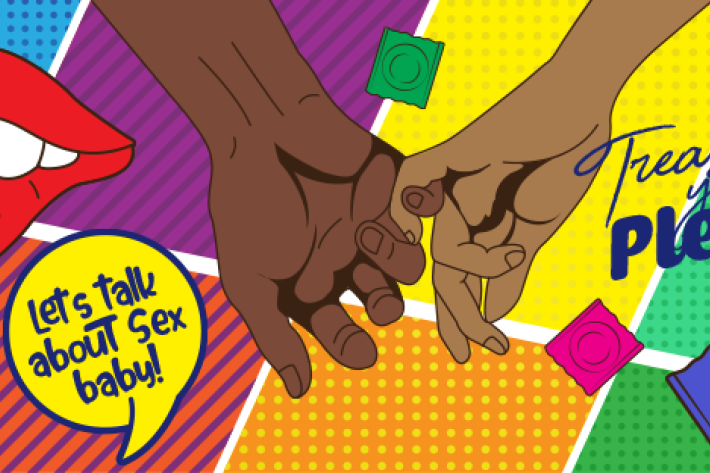Spotlight
A selection of resources from across the Federation
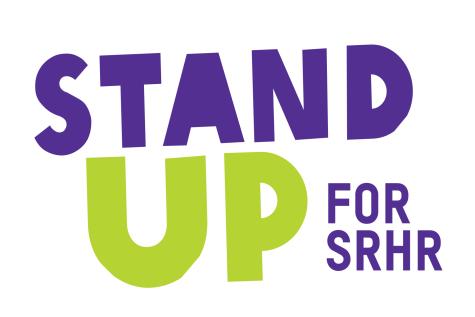
Mozambique, Uganda
Stand Up Factsheet 2025
Healthcare, Rights & Choice: The Stand Up Initiative in Action Imagine a world where every young woman and girl has the power to make informed choices about their sexual and reproductive health. That’s the vision of Stand Up for Sexual and Reproductive Health and Rights (Stand Up)—a groundbreaking 6.5-year initiative driving change in Uganda and Mozambique. Our Impact So Far: 6 service provision clusters established
Filter our resources by:


| 14 January 2022
WISH2ACTION: Improving Access to Sexual Reproductive Health and Rights for Persons Living with Disabilities
3 December 2021: International Day of Persons with Disability (PWDs). Persons with Disability (PWDs) have equal rights to sexual and reproductive health (SRH), however women and girls with disabilities face significantly more challenges in realizing these rights. The intersection between disability, age, restrictive gender norms and lack of supportive legal environments further compounds barriers for women and girls to fulfil their sexual and reproductive health and rights (SRHR), including free and informed choice and access to contraception. The WISH2ACTION[1] programme, under the banner ‘Leave No One Behind’, offers quality integrated and inclusive family planning and sexual and reproductive health services to marginalised and hard to reach populations: the poor, youth under 20 and persons with disabilities. Learn more about WISH2ACTION's programme interventions in the attached document. [1] WISH2ACTION, Women’s Integrated Sexual Health [Lot 2] Access, Choice, Together, Innovation and Ownership, Now, is the UK Government’s flagship programme to scale up its support for integrated sexual and reproductive health and rights.

| 14 January 2022
Meet Kenya’s King of Condoms, Stanley Ngara
1 December 2021, World AIDS Day. Stanley Ngara, from Kenya, is commonly known as the ‘King of Condom’. Stanley spends his days educating people about safe sex practices and distributing condoms. He distributes condoms -for free- to different groups of people among them youth, sex workers, boda boda riders, university students, market traders and even drug users. Stanley is passionate about raising awareness on issues of sexual reproductive health and rights (SRHR), including HIV and AIDS. IPPF Africa Region met Stanley during one of his regular outreach activities in his home area of Kiambu County, located in Kenya’s Central region, and brings you his story. IPPF supports champions like Stanley, who are committed to raising awareness on different SRHR issues in their communities. On this World AIDS Day 2021, we celebrate Stanley and all other SRHR champions who are making significant contributions in the society, more so towards the attainment of the health goals in their countries. See the long version of Stanley's story: Meet Kenya’s Celebrated 'King of Condoms', Stanley Ngara This feature was co-produced by IPPF Africa Region and Darbrun Production Company (Nairobi). See also: “I Wish I Should not Have to Choose Between Condoms and a Meal”, says Kiandutu Slum’s Shoe Fixer

| 13 January 2022
Stories of change: Women’s Sexual and Reproductive Health Programme (WISH)
In 2018, the International Planned Parenthood Federation (IPPF) launched the UK Aid funded Women’s Integrated Sexual Health (WISH) programme to improve equitable access to contraceptives and sexual and reproductive health and rights (SRHR), prioritising the most underserved women and particularly adolescent girls, the most economically disadvantaged, and marginalised populations in 16 countries across Asia and Africa. Options’ role in the IPPF-led programme has been to work with governments and civil society partners in seven countries in Sub-Saharan Africa and South Asia to promote increased public investment in SRHR through evidence, advocacy and accountability. COVID-19 has tested the WISH’s adaptive programming model, which took steps to minimise interruptions to routine SRH services during the pandemic and helped built system resilience. These stories of change share lessons learned on how WISH’s focus on developing an enabling environment has contributed to better SRH and family planning outcomes in Bangladesh, Pakistan and Zambia, where the programme’s work has recently been completed, and focus on the themes of intersectionality, resilience and working in partnership. Dowload the document: Stories of change: Women’s Sexual and Reproductive Health Programme (WISH)

| 13 January 2022
Visite de la directrice Régionale de l'IPPF Afrique en Côte d'Ivoire
Les temps forts de la mission de haut niveau du bureau régional Afrique de la Fédération internationale pour la planification familiale (IPPF) en Côte d'Ivoire, du 2 au 10 novembre 2021, pour discuter du projet d'ouverture d'un bureau sous-régional pour l'Afrique occidentale et centrale à Abidjan.

| 13 January 2022
IPPF Africa Region Director's visit to Côte d'Ivoire
Highlights of the high-level mission of the International Planned Parenthood Federation (IPPF) Africa Regional Office in Côte d'Ivoire, from 2 to 10 November 2021, to discuss the project of opening a sub-regional office for West and Central Africa in Abidjan.

| 13 January 2022
Female Genital Mutilation/Cutting: Times Are Changing
Female genital cutting or mutilation, also known as FGC or FGM, involves partial or total removal of the external female genitalia, or other injury to the female genital organs for non-medical reasons. It is typically performed on girls under 15 years of age although this varies across communities and can sometimes be carried out during the first weeks of life or occasionally in adulthood. Female genital cutting is a serious reproductive health concern and a human rights violation. It has devastating short- and long-term consequences on the lives of women and girls and their communities. Female genital cutting can lead to hemorrhaging, infections, damage to adjoining organs, infertility, complications during pregnancy and childbirth, psychological trauma, and even death. Worldwide, between 100 million and 140 million women have been cut, and 3 million more are at risk each year. Women are subjected to female genital cutting in 28 countries in Africa – this includes Eritrea, Ethiopia, Kenya, Tanzania and Uganda in East and Southern Africa. Female genital cutting is a practice that is deeply-rooted in tradition in communities where it is practiced and passed on through generations. It is frequently based on the belief that the practice helps control a girl’s sexuality and ensures her virginity until marriage or helps prepare her for marriage. Female genital cutting is becoming less common, with more than 24,000 communities around the world declaring abandonment of the practice. Locally-led efforts that help recognize the harm of female genital cutting through community discussions are making a difference as more and more families decide not to cut their daughters.








